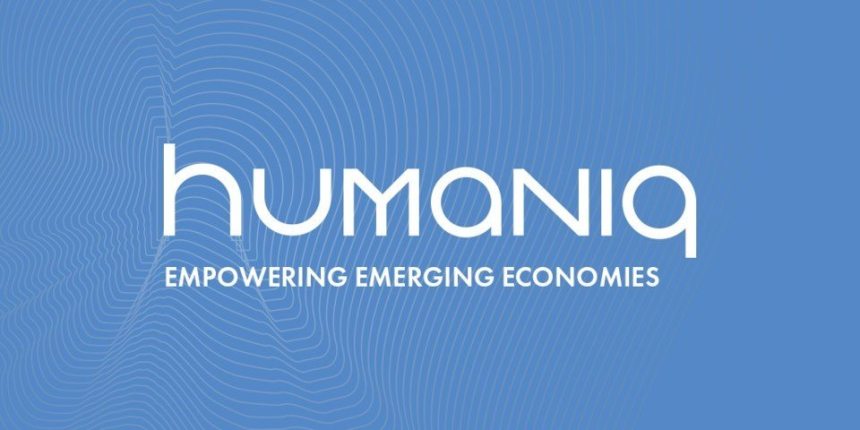Reason to trust

How Our News is Made
Strict editorial policy that focuses on accuracy, relevance, and impartiality
Ad discliamer
Morbi pretium leo et nisl aliquam mollis. Quisque arcu lorem, ultricies quis pellentesque nec, ullamcorper eu odio.
Cryptocurrency is in a prime position to bring financial inclusion to billions of unbanked people in the world. Unlike traditional banking, which requires identification documents and lengthy verification procedures, Humaniq is looking to eliminate poverty altogether. By delivering a wide range of new banking options to the world’s emerging markets, gaining access to financial services becomes a lot easier.
Humaniq onboards customers in an entirely different manner. The project uses a reputation concept based on proof of face to manage user identities. Identification documents can be forged easily and there is no way to guarantee every signed up user is unique. Humaniq addresses these issues as well with their Ethereum-based banking platform. Every user will be assigned a unique ID on the blockchain, ensuring every client is a unique individual.
By using the Ethereum blockchain as its backbone, Humaniq will offer open APIs which plug into services from other companies. The unbanked population remains the primary target group for this project, as there are close to two billion people without access to banking services. In most cases, this is due to having no formal identification, such as a passport or even a birth certificate. Humaniq’s proof of face verification system ensures anyone can become a part of the banking 4.0 revolution.
In its initial form, Humaniq will allow for biometric authentication and gives users access to basic banking services. Creating an account and transferring money will be available from the start, with new features such as peer-to-peer lending and insurance services to be integrated at a later date. Humaniq is about more than just banking, as it aims to bring people closer together through creating communities. Rather than competing with current banks, Humaniq will provide humanitarian banking services.
The use of biometric, voice, and location technologies is well worth taking notice of. Simplifying the onboarding process for this global banking 4.0 ecosystem is a big chance from the way things are happening now in the banking sector. Providing quick and secure access to all services for unbanked people is the top priority for the Humaniq team. The service will use its own native token – issued on the Ethereum blockchain – which will be sold during the Humaniq ICO, starting on April 6, 2017.
To reach new users, Humaniq will incentivize users with these tradable tokens. Said tokens can then be exchanged for any local currency using mobile cashiers. Another option is to convert tokens to Ether, Bitcoin, or other major cryptocurrencies. An Ambassadors program has been launched to help spread the word about the Humaniq services. These Ambassadors will also play the role of local liaisons aiding users in getting started with this new service.
Blockchain technology is the logical choice to drive the banking 4.0 revolution. Distributed ledger technology is not hindered by political and technical obstacles, making it the perfect backbone for the services offered by Humaniq. The project’s simple interface and bio-identification procedure make it easy to gain access to financial services, regardless of how tech-savvy the consumer is.Humaniq checks all the right boxes to ensure an increasing pace of adoption among the unbanked population on our planet. With none of the traditional barriers to open an account in place, the Ethereum-based humanitarian banking project will make quite an impact.



























